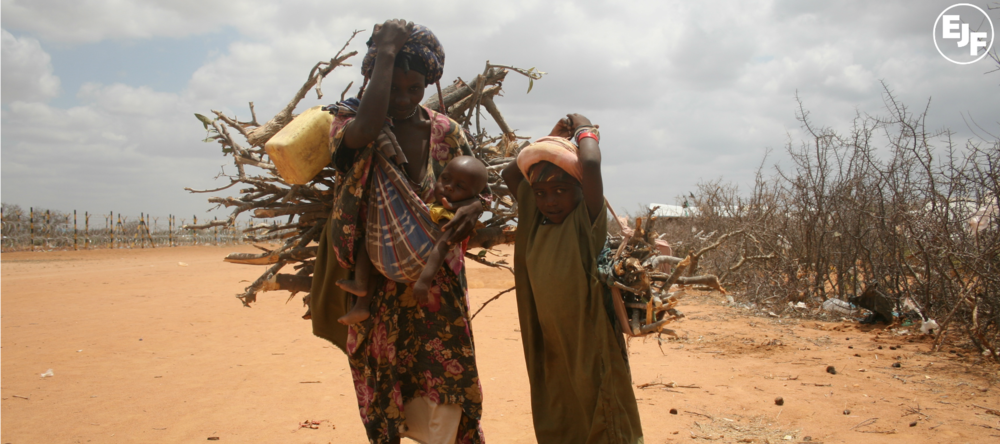
World Refugee Day
Today marks the 62nd anniversary of the 1951 Geneva Convention on Refugees. As we recognise the importance of the convention in protecting those fleeing conflict, we must also consider the new challenges and causes of migration worldwide.
The Convention is the key document safeguarding refugees and since its one amendment in 1967, it has become universal in its scope.
Today we are grateful for this legislative cornerstone that protects millions of refugees across the globe and recognise its continued importance in today’s work with refugees.
We must also be aware of the new, difficult challenges that face us and which must be remedied in appropriate ways. The past 62 years has seen immense change in the nature and scope of crises, other than war, which are forcing people to flee their homes.
Climate change has become one of the greatest international challenges facing the 21st century and now displaces more people than conflict. Critical debate surrounds the issue of climate refugees and their place in international legislation.
Over 32 million people last year were forced to leave their homes due to climate related disasters, yet there is no legal protection or assistance assured for them to date. Coastal erosion due to intensified storms and melting sea ice in Alaska and Canada, and rising sea-levels surrounding low-lying island states such as Tuvalu, are forcing whole communities to relocate. From Africa to the UK, drought, flooding and seasonal variation is devastating farming practices and threatening livelihoods, forcing many to leave their farms and homes.
Worldwide the effects of climate change are being felt by people who are deprived of their basic human rights to water, food, livelihood, shelter, health and self-determination. These rights are guaranteed under the Universal Declaration on Human Rights and it is time universal attention is given to our collective climate change problem.
Home Truths is doing just this. An EJF campaign, it empowers vulnerable people and communities experiencing the effects of climate change to tell their stories. With our international partners, EJF are documenting, filming and recording the experiences of climate refugees to make sure their voices are heard. We hope to provide an international platform that allows their message to reach national and international decision makers, as well as the public. Changing climatic conditions have forced millions to leave their homes and have made them climate refugees.
In response EJF are calling on UN Secretary General Ban Ki-Moon to support a new Mandate for a Special Rapporteur on Climate Change and Human Rights to raise awareness of the relationship between the environment and human rights, and help find innovative ways to support and protect those facing this 21st century challenge. You can call on Ban Ki-Moon too.
Sign the petition and help ensure that climate refugees, like all refugees, are recognised, have assured rights, and are protected.
Follow our twitter account to keep up to date with other ways you can support climate refugees.
EJF believes that new national and international legal protections are urgently needed for climate refugees. It explicitly does not believe that the 1951 Geneva Convention should be considered as a legal vehicle for these new protections.
SIGN UP FOR OUR EMAILS AND STAY UP TO DATE WITH EJF